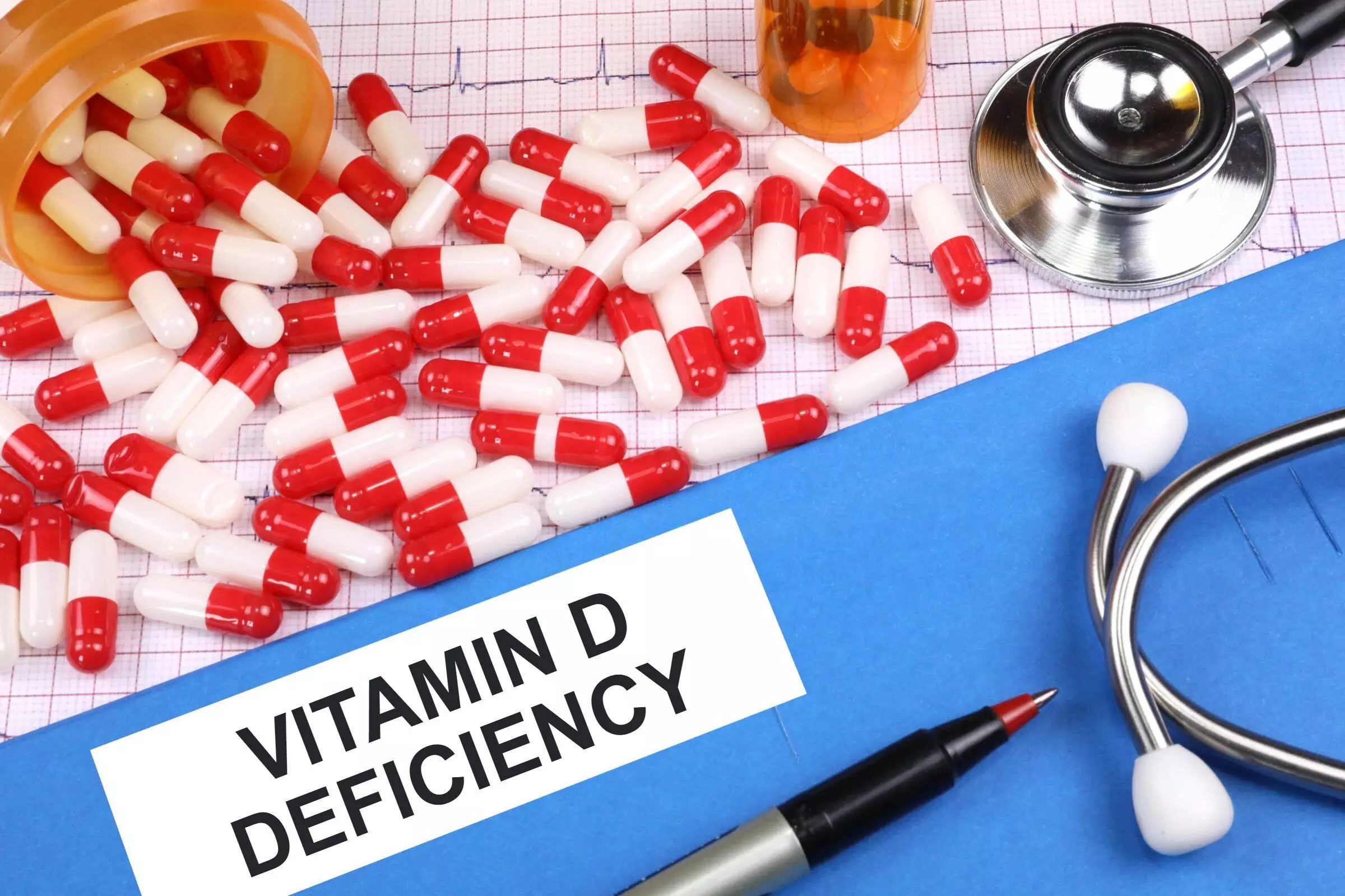Vitamin D deficiency: 76% people in Hyderabad, 82% in Visakhapatnam suffer from disorder
In Telugu states, data were collected from Visakhapatnam and Hyderabad. While the deficiency at 82 % was higher than the national average in Vizag, it was 76 % in Hyderabad.
By Sulogna Mehta
Hyderabad: In a tropical country like India, where the sun shines almost throughout the year, it’s surprising to note that over three-fourths of its population suffer from Vitamin D deficiency. Sunlight is the biggest source of this important vitamin while certain food items also provide Vitamin D in small amounts.
Deficiency found in over 76% of people
According to data available from tests of more than 2.2 lakh people conducted across 27 cities in India by the digital health platform, Tata 1mg Labs, it was found that nearly 76% of the Indian population suffers from vitamin D deficiency. While 79% of men overall were found with lower-than-desirable levels of vitamin D in their bodies, for women, the figure was 75%.
Deficiency more in younger people
Compared to the national average, interestingly, younger people were found to be more affected with Vitamin D deficiency. Its prevalence was highest in the age group below 25 years (84%), followed by 25-40 years (81%).
Key findings
Among the 27 Indian cities, from where the 2.2 lakh samples were collected between March and August 2022, it was found that Vadodara (89%) and Surat (88%) had the highest and Delhi-NCR the lowest (72%) incidences of vitamin D deficiency.
AP and Telangana
In Telugu states, data were collected from Visakhapatnam and Hyderabad. While the deficiency at 82 % was higher than the national average in Vizag, it was 76 % in Hyderabad.
Importance of Vitamin D
Known as the sunshine vitamin, vitamin D is essential for the growth, development, metabolism, immunity, bone health, and mental health of people. This vitamin plays a crucial role in helping the body absorb minerals like calcium and phosphorus from the food consumed, which are essential for good bone health. Its deficiency has been linked to health disorders such as prostate cancer, depression, diabetes, rheumatoid arthritis, and rickets. Its deficiency can also enhance the risk of heart attacks.
Causes of Vitamin D deficiency
Research conducted in India and published in medical journals shows that Indians are genetically strongly predisposed to the disease even if they maintain a good lifestyle.
Dr. Rajeev Sharma, vice president of Medical Affairs, Tata 1mg says, “Changing food habits and an indoor lifestyle with inadequate exposure to sunlight have led to a drastic increase in cases of vitamin D deficiency. The much higher prevalence in young adults can also be attributed to lower consumption of vitamin D-containing foods like fortified cereals and oily fish. However, seasonal variations in exposure to sunlight can also be a likely explanation, especially during winter. Unspaced and unplanned pregnancies in women with dietary deficits can lead to a worsening of vitamin D status in both mother and child.”
Regular check-ups to detect deficiency
Dr. Prashant Nag, Clinical Head, Tata 1mg Labs says, “Vitamin D levels should be checked regularly in cases of obesity, mal-absorption syndrome or softening of the bones (osteomalacia), or if the patient is getting treatment for tuberculosis. Vitamin D levels (through a blood test) can also be checked along with regular full-body checkups, which are recommended every six months or at least once a year. Infants and children under the age of five, pregnant and breastfeeding women, teenagers and young women, people above the age of 65, and those with limited sun exposure are the most vulnerable to Vitamin D deficiency.”
Prevent deficiency with Vitamin D-rich foods
The human skin hosts a type of cholesterol that functions as a precursor to Vitamin D. When exposed to UV-B radiation from the sun, it turns into vitamin D. Having enough exposure to sunlight (especially between 10 am and 4 pm) and consuming foods rich in vitamin D such as egg yolks, fatty fish, red meat, and fortified foods and of course Vitamin D supplements can help prevent the deficiency, say medical experts.